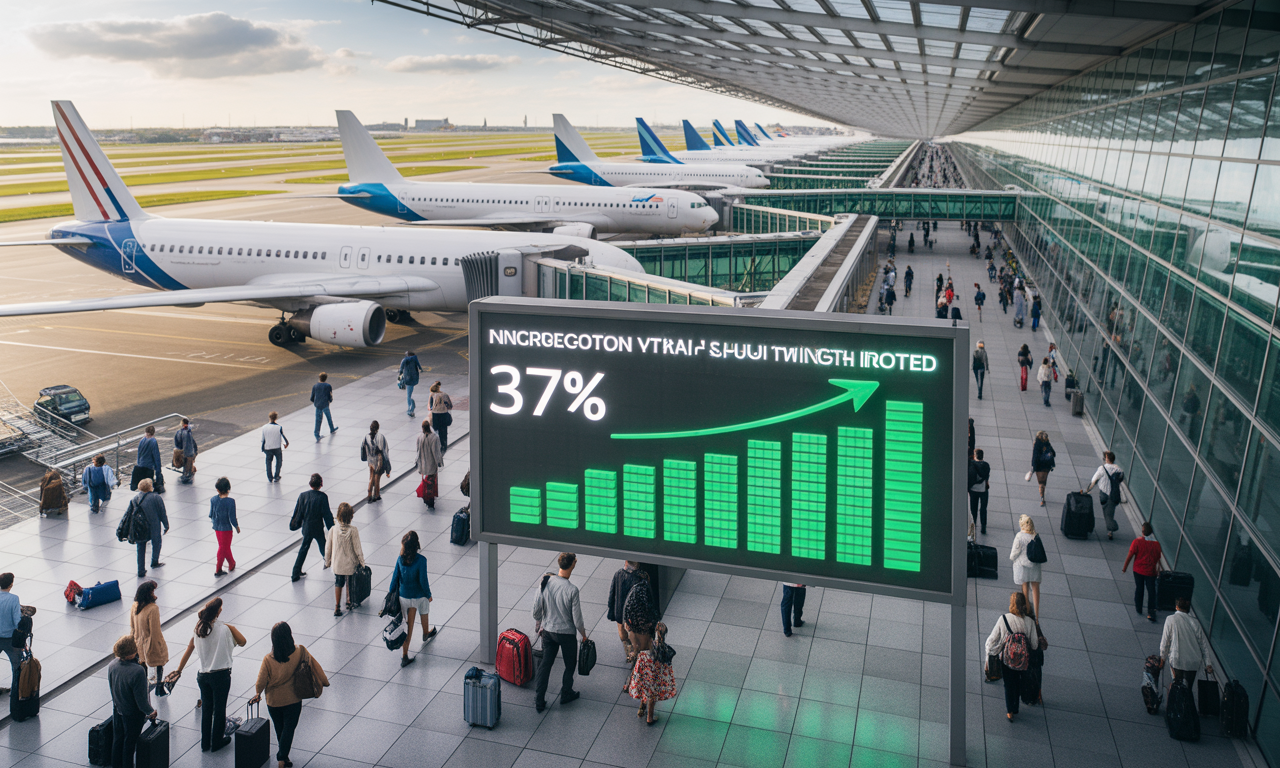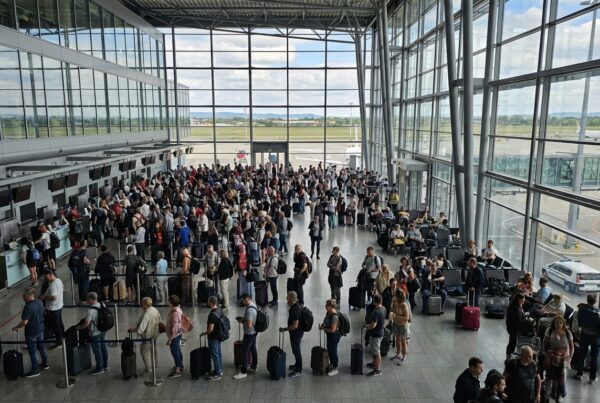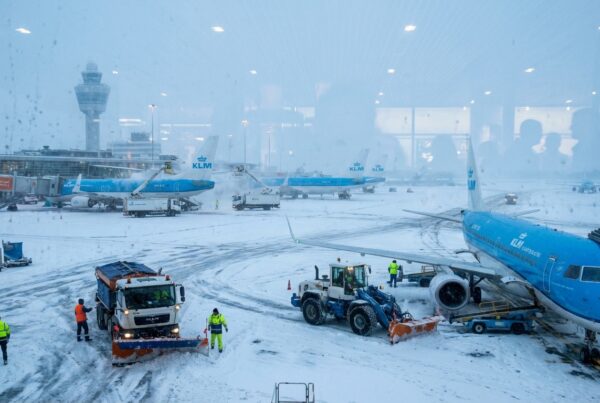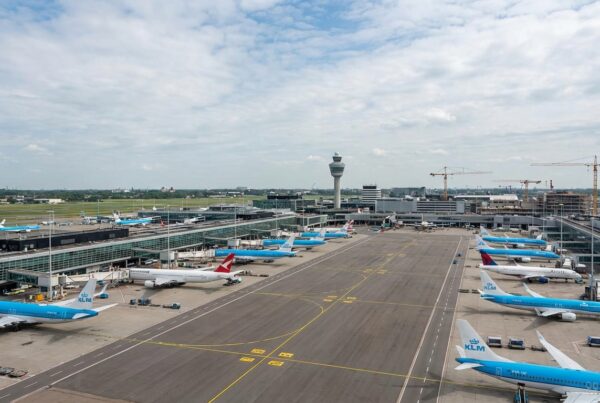The nerve center of European aviation, Amsterdam-Schipholplans to increase its sales by 37% taxes for the next three years, reflecting a major strategic shift. This fare revision responds to the need to finance infrastructure modernization and improve passenger services. Management assures us that this increase will enable us to reinforce safety, operational efficiency and environmental initiatives. So, despite a potential impact on travel costs, this measure aims to consolidate the airport's dynamism and competitiveness in an ever-changing air market brimming with challenges and opportunities. The result is sustainable growth.
amsterdam-schiphol airport forecasts growth of 37% taxes over the next three years
Amsterdam Airport Schiphol, recognized as a major hub in Europe, is gearing up for a major tariff revision with an increase of 37% taxes over the next three years. This change, announced by the airport authorities, comes against a backdrop of infrastructure modernization and stricter environmental requirements.
amsterdam-schiphol airport forecasts growth of 37% of its taxes over the next three years: Background and motivations
This fare increase is in response to a desire to rationalize revenues and finance terminal improvement projects, as well as to reinforce ecological measures. These new investments are part of the airport's strategy to optimize passenger flow management while reducing its environmental footprint.
amsterdam-schiphol airport forecasts growth of 37% of its taxes over the next three years: Impact on airlines and passengers
Airlines, already faced with various fare adjustments, must now anticipate additional costs. Recent examples demonstrate this: Ryanair has, for example, revised its offer in Germany in response to similar increases. In addition, recent discussions such as those reported on contesting tax increases underline the sector's concern about these developments.
amsterdam-schiphol airport forecasts growth of 37% over the next three years: Adapting sales strategies
To offset the impact of this rise, some companies are adopting innovative strategies. Recent moves, such as Delta's strategic acquisition of an A350These new trends illustrate carriers' ability to rethink their business models. Tighter pricing measures are prompting industry players to optimize their operations while seeking out new business opportunities.
amsterdam-schiphol airport forecasts growth of 37% taxes over the next three years: Impact on the passenger experience
Passengers may see a slight impact on the total cost of their tickets. At the same time, however, the airport is working on initiatives to improve the comfort and fluidity of its services. For example, advances such as the development of digital services facilitating access to flight information - like the boarding pass detailed - are designed to provide a smoother experience, even in times of tariff transition.
amsterdam-schiphol airport forecasts growth of 37% taxes over the next three years: Developments in a global context
This tariff revision is taking place in a regional environment marked by other significant movements. In addition to tax increases, one-off inconveniences such as strikes in BelgiumThe airline industry is in a constant state of flux. These changes, whether in terms of operations or fares, are prompting all players to rethink their strategies and adapt to new market demands.
Enjoy an optimal browsing experience
In addition to information on airport fare changes, the site offers a user-friendly interface optimized for readers. Subscribers benefit from banner-free browsing, ensuring smooth, pleasant reading. What's more, the comment system allows users to publish their own comments. instantThis is guaranteed by the validation of the pseudonym via the e-mail address, thus avoiding any identity theft. These services aim to create an engaged community and offer a personalized experience.

Comparative tax trends at Schiphol
| Aspect | Brief description |
|---|---|
| Application period | 3-year forecast |
| Expected increase | Increase of 37% |
| Impact on companies | Unavoidable tariff adjustments |
| Impact on passengers | Possible ticket increases |
| Need for investment | Infrastructure upgrades |
| Economic context | Reacting to market dynamics |
| European comparison | One of the highest tax levels |
| Mitigation measure | Regulatory adaptations planned |




